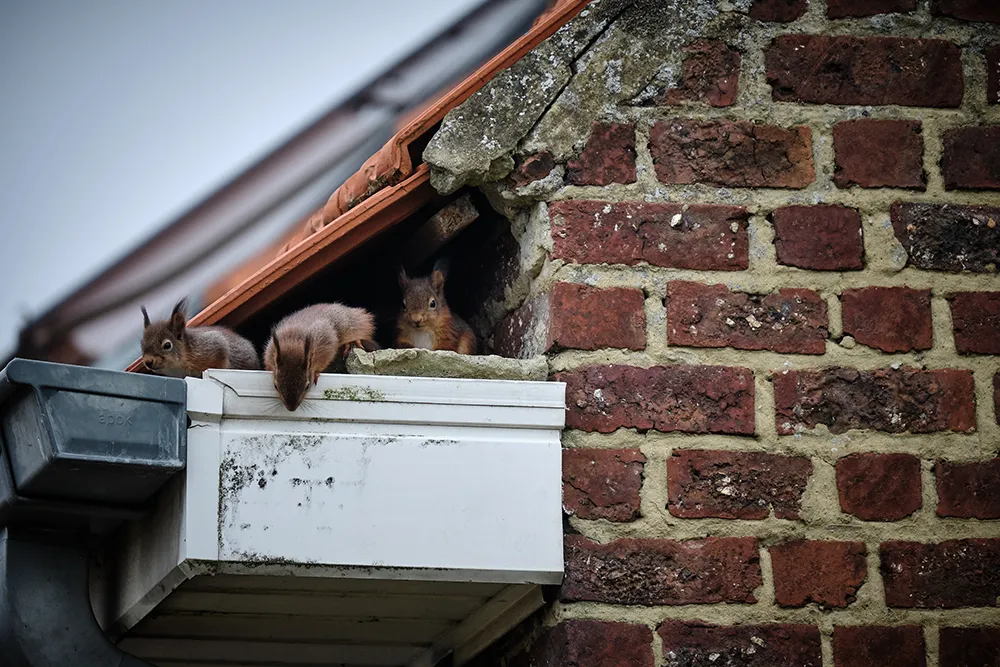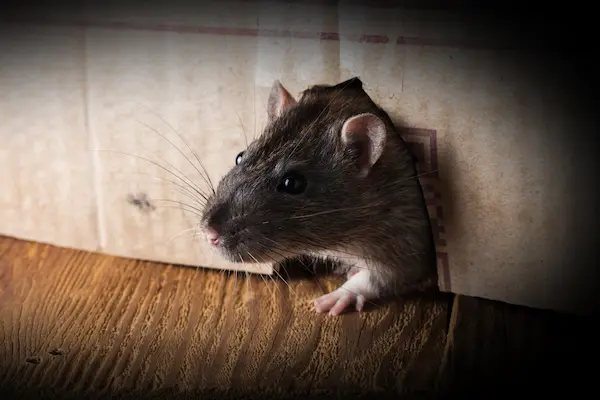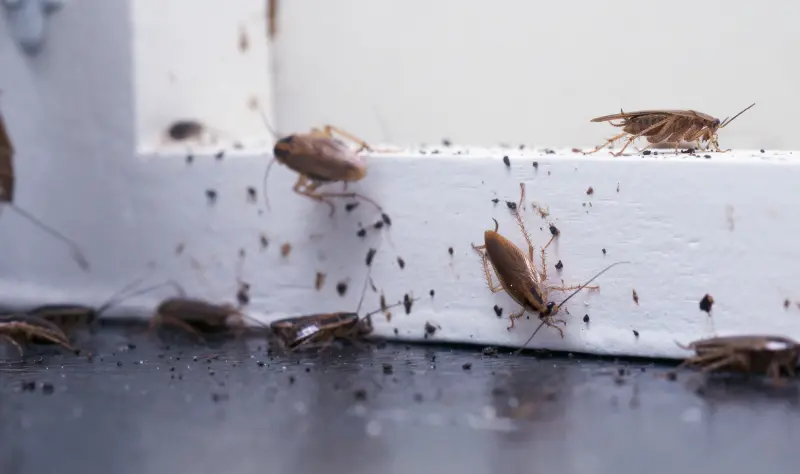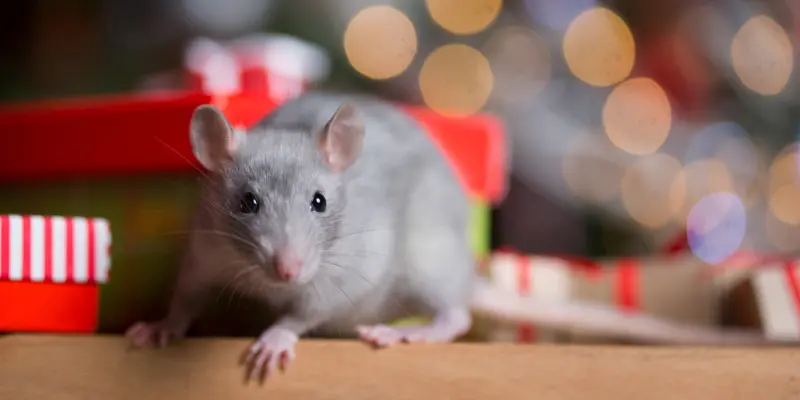5 Steps to Stop Pests This Holiday Season
As the holiday season approaches, it's important to focus on maintaining the safety and comfort of your home for both your family and the festive treats you’ll be enjoying. Seasonal decorations like wreaths and Christmas trees are integral to these celebrations, but they can also attract pests such as spiders, moths, and rodents. As temperatures drop, these creatures seek shelter and warmth, making your home an ideal housing spot.
While managing pests can be a challenge, there are steps you can take to safeguard your home. Partnering with Arrow Environmental Services is a smart way to ensure your space stays pest-free, no matter the season. While professional pest control is the most effective solution when issues arise, there are also several proactive steps you can take to prevent unwanted visitors from entering in the first place.
1. Inspect Decorations for Possible Pests
Unpacking holiday decorations is a cherished tradition, but it’s important to take a moment to inspect everything carefully before diving in. Storage bins, which are often out of sight for most of the year, can become prime nesting spots for rodents like rats and mice. As you unpack, be on the lookout for signs of rodent activity—such as
shredded paper, droppings, or damaged lights. If any decorations display signs of contamination, you should dispose of them immediately to avoid potential health hazards. Rodent droppings, for example, could be carrying hantavirus, so handle them with caution.
It’s also a good idea to inspect your string lights for any wear and tear. Damaged lights pose a
significant fire risk, so it's safer to replace them with new, properly functioning lights that will shine brightly throughout the season.
2. Inspect Plants for Any Pests
Creating holiday crafts at home can add a personal touch to festivities, but bringing in fresh greenery without checking it first may also bring in hidden pests. Before using foliage for wreaths, garlands, or centerpieces, carefully examine each piece for signs of pests, like
eggs, egg sacs, or small insects. Gently shaking the plants is a good way to remove any hidden critters. Avoid using aerosol pesticides indoors, as these chemicals can be harmful in enclosed spaces.
Christmas trees also could potentially carry insects or eggs in their branches. While many tree farms treat their trees with pesticides, it’s still smart to inspect the tree thoroughly before bringing it inside. Look for any visible pests or signs of damage, and consider shaking or brushing off the tree before setting it up. Taking these extra steps can help keep your home free from pests, allowing you to enjoy a worry-free holiday season.
3. Remove Pest Harborages
Piles of leaves, dense shrubs, and yard debris create ideal hiding places for pests, especially if left undisturbed. Tidying up your yard not only enhances its appearance for holiday visitors but also reduces the chances of pests finding their way indoors.
If you store firewood, make sure it’s kept at least
20 feet from your house and raised off the ground on a rack or platform. The warmth of a fireplace is cozy this time of year, but bringing in too much wood at once could also bring along unwanted pests, like spiders. To reduce this risk, only bring in the firewood you’ll need immediately.
4. Clean Every Mess
The holiday season brings a lot of energy to the kitchen, with cooking, chatting, and entertaining guests all happening at once. In the midst of all the activity, small spills or dropped crumbs can easily go unnoticed. Unfortunately, these food scraps can be a magnet for pests like
ants, cockroaches, and rodents. Although it may seem like extra work, promptly wiping up any messes can help ensure that pests don’t make themselves at home during the holidays. Taking a few moments now to clean as you go can save you from dealing with a bigger pest issue later.
5. Keep Decorations Safe
As you now know, storage bins can become magnets for pests. To better safeguard your holiday decorations and treasured keepsakes, think about using
sturdy containers with tight,
locking lids. These containers are much better at keeping rodents and other pests out than cardboard boxes or plastic bags, which are more easily damaged. Choosing durable storage options not only helps protect your items from pests but also preserves them in excellent condition for many holiday seasons ahead.
Feel at Ease with Arrow Environmental Services
We don’t blame you for getting easily overwhelmed during the holiday season. With so many different activities, it’s nearly inevitable to feel a bit of stress. By contacting Arrow Environmental services now rather than later, you can be prepared for any pest issues that may arise.
No matter the day, we're here to help.
Reach out today for a free quote, and let us help keep you and your family safe.






